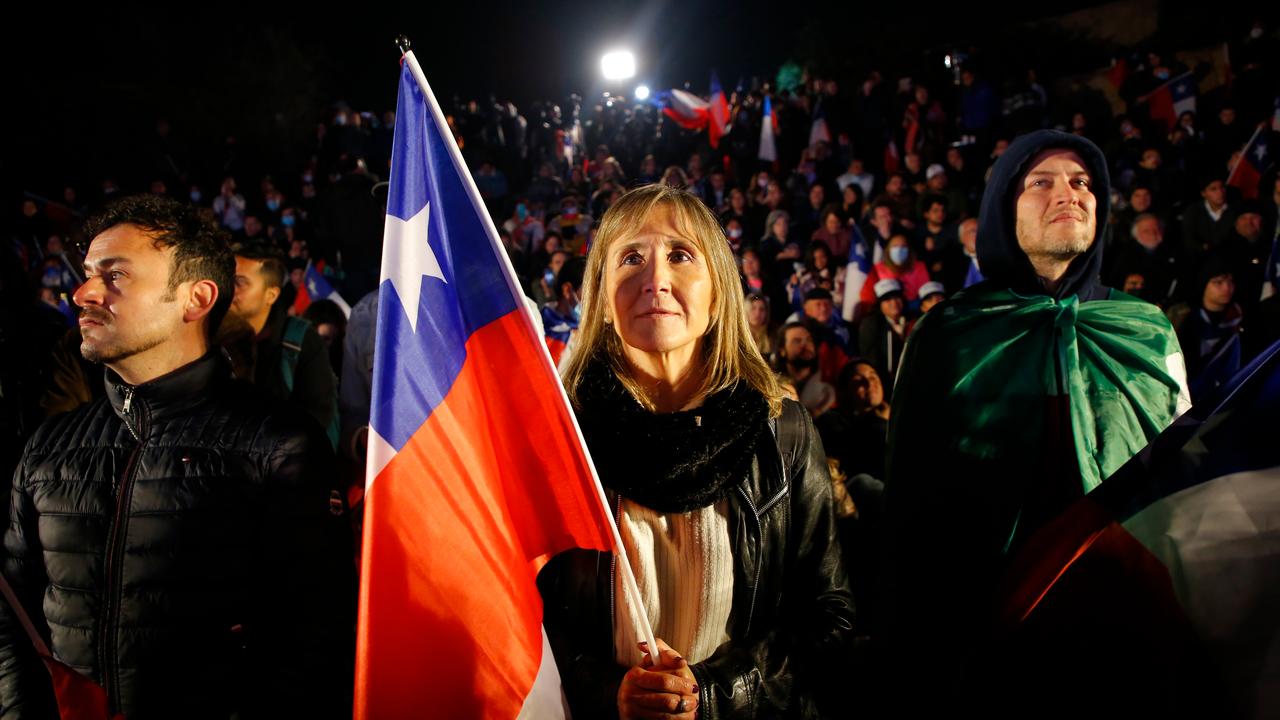Chile rejected a new progressive constitution in a referendum. With nearly all the votes counted, 62 percent of voters seem to oppose the new constitution and only 38 percent support it. The campaign team that fought for the passage of the new constitution admitted its loss.
Voters went to the polls in droves on Sunday. Therefore, all Chileans were forced to vote in the referendum.
Nearly 80 percent of Chileans voted in October 2020 to amend the current constitution, which dates back to the era of dictator Augusto Pinochet. He was in power from 1973 to 1990.
The vote in 2020 came a year after more than a million people took to the streets in the capital, Santiago. They protested the increase in public transport fares. The ensuing social upheaval against the South American country’s massive social and economic inequalities killed 30 people and injured thousands. Among the protesters’ demands was a new constitution.
The new constitution was supposed to reduce inequality
The new text had to be drafted by the citizens. To this end, a committee of 155 people was formed in July 2021. Among them were lawyers, teachers, scientists and journalists. Half of the committee members were women. Seventeen indigenous representatives were also elected.
The new constitution should have reduced the power of the elite and distributed wealth more fairly among the people of Chile. It should also better guarantee social, environmental, gender and indigenous rights. But the Chilean voter was not satisfied with the new text. The current constitution provides more room for free market forces, making Chile a very popular country for foreign investors.
left disappointment
The result is a major setback for the new left-wing president, Gabriel Borek. He relied on the new constitution to help him reform the tax, pension, and labor systems.
In response to the result, he said that the people “showed that they want and appreciate democracy, and that they depend on it to overcome differences and achieve progress.”
Boric then called on all political forces in Chile to reach new agreements as soon as possible on the future of the “new constitutional process” that began after the 2020 vote.







